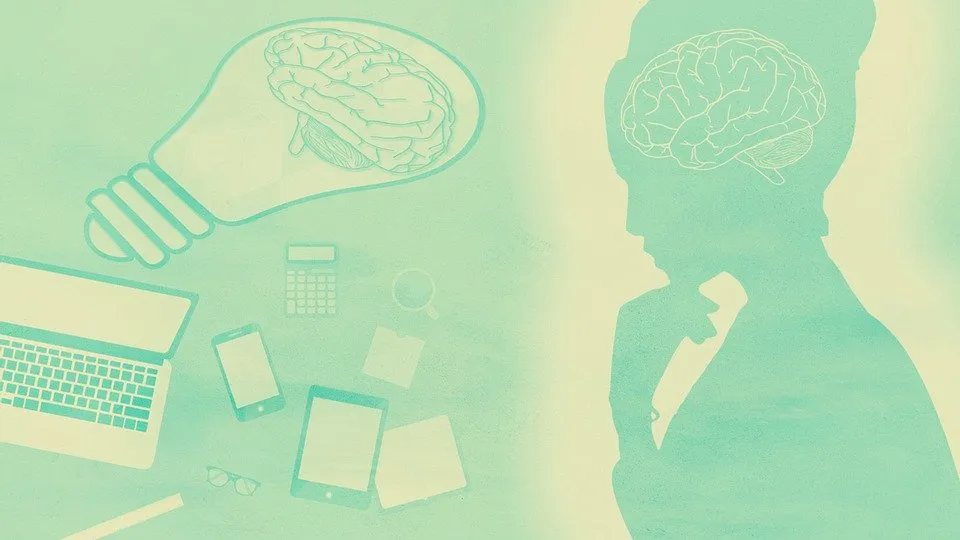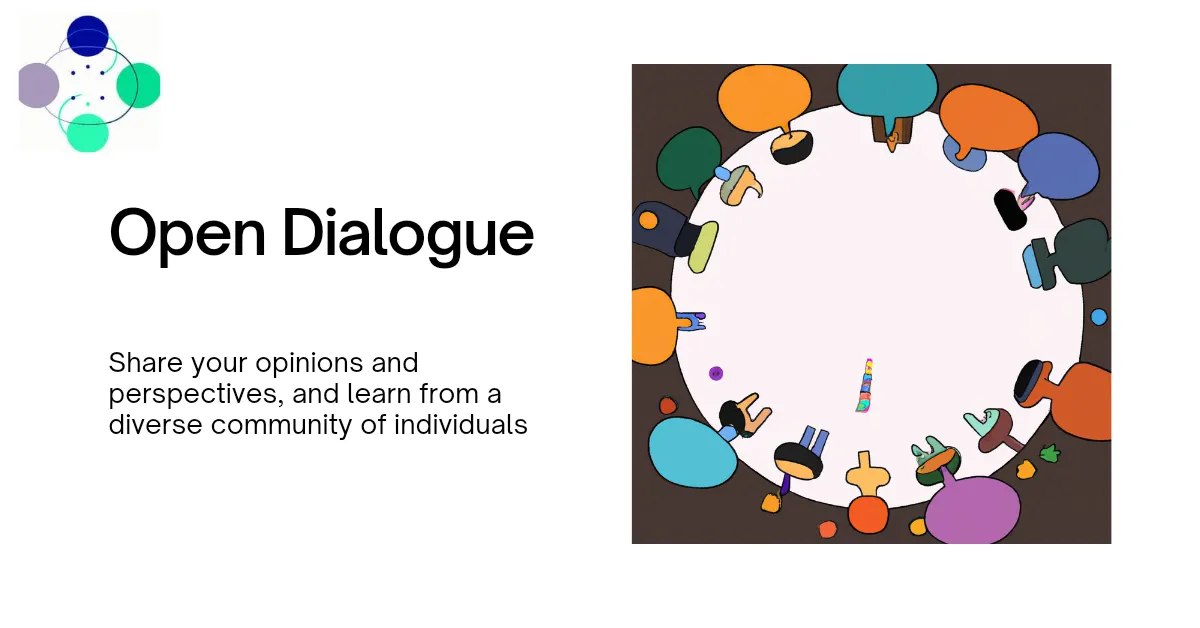 Fuente: Pixabuy
Fuente: Pixabuy
En un mundo donde la educación parece ser cada vez más un medio para fomentar el consumismo y la producción, ¿cómo podemos encontrar un equilibrio entre lo que aprendemos y lo que realmente necesitamos para vivir una vida plena y satisfactoria? En este artículo, analizaremos una frase del reconocido escritor y humanista José Luis Sampedro que nos invita a reflexionar sobre este tema. Pero antes de sumergirnos en la reflexión, permíteme compartir contigo una pregunta que te mantendrá intrigado hasta el final del artículo: ¿Puede la literatura ser una herramienta para cambiar nuestra percepción sobre la educación y el consumismo?
El poder de la reflexión en la literatura
La literatura es un medio poderoso para comunicar ideas y provocar reflexiones en sus lectores. A través de sus obras, los autores pueden plantear cuestionamientos profundos sobre la naturaleza humana, la sociedad y el mundo en el que vivimos. En el caso de José Luis Sampedro, su pensamiento crítico y su compromiso con el humanismo se reflejan en sus palabras, lo que nos permite analizar y comprender mejor este tema.
La frase de José Luis Sampedro: un análisis literario
La frase en cuestión, "Nos educan muy mal, nos educan para ser consumidores y productores, para ser súbditos" nos invita a reflexionar sobre el propósito de la educación en nuestra sociedad actual. Desde esta perspectiva, podemos interpretar que Sampedro critica un sistema educativo que prioriza la formación de individuos que siguen ciegamente el camino del consumismo y la producción, en lugar de fomentar el pensamiento crítico y la autenticidad.
Ahora bien, ¿cómo podemos abordar este problema y encontrar un equilibrio entre la educación que recibimos y lo que realmente necesitamos para vivir una vida plena y satisfactoria?
Encontrando un equilibrio: la importancia de la reflexión personal
Para responder a esta pregunta, es fundamental que cada individuo tenga la capacidad de reflexionar sobre su educación y su posición en el mundo. Aquí es donde la literatura puede desempeñar un papel crucial. Al leer reflexiones literarias y análisis literarios, podemos cuestionar nuestras propias creencias y actitudes hacia la educación y el consumismo.
La literatura como herramienta de cambio
La literatura puede actuar como una herramienta poderosa para generar cambios en nuestra percepción de la educación y el consumismo. Al exponernos a diferentes perspectivas y reflexiones, podemos desarrollar un pensamiento crítico y una mayor consciencia sobre el papel que desempeñamos en la sociedad.
Entonces, ¿cómo podemos aplicar lo que aprendemos de la literatura en nuestra vida diaria?
Pasos prácticos para una educación más consciente y equilibrada
Fomenta la lectura: Incluye en tu rutina la lectura de obras literarias que te permitan reflexionar sobre temas importantes, como la educación y el consumismo.
Desarrolla el pensamiento crítico: Cuestiona lo que has aprendido y lo que se te enseña, y no tengas miedo de buscar otras perspectivas y opiniones.
Prioriza la educación emocional: Aprende a reconocer y gestionar tus emociones, así como a comprender las de los demás. Esto te permitirá vivir una vida más empática y consciente.
Crea un equilibrio entre el consumo y la producción: No te dejes llevar únicamente por el consumismo. Encuentra formas de contribuir a la sociedad, ya sea compartiendo tus conocimientos, creando arte o participando en proyectos comunitarios.
Volviendo a la pregunta que planteamos al inicio, ¿puede la literatura ser una herramienta para cambiar nuestra percepción sobre la educación y el consumismo? La respuesta es sí. A través de la lectura y la reflexión, podemos encontrar un equilibrio y vivir una vida más plena y consciente. No permitamos que un sistema educativo limitante nos convierta en meros consumidores y productores. Usemos la literatura como una herramienta para crecer, aprender y, sobre todo, para ser libres.
In a world where education seems to be more and more a means to promote consumerism and production, how can we find a balance between what we learn and what we really need to live a full and satisfying life? In this article, we will analyze a phrase by the renowned writer and humanist José Luis Sampedro that invites us to reflect on this issue. But before we dive into the reflection, let me share with you a question that will keep you intrigued until the end of the article: Can literature be a tool to change our perception of education and consumerism?
The Power of Reflection in Literature
Literature is a powerful medium for communicating ideas and provoking reflection in its readers. Through their works, authors can raise profound questions about human nature, society and the world in which we live. In the case of José Luis Sampedro, his critical thinking and commitment to humanism are reflected in his words, allowing us to analyze and better understand this topic.
The sentence of José Luis Sampedro: a literary analysis
The phrase in question, "They educate us very badly, they educate us to be consumers and producers, to be subjects" invites us to reflect on the purpose of education in our current society. From this perspective, we can interpret Sampedro as criticizing an educational system that prioritizes the formation of individuals who blindly follow the path of consumerism and production, instead of fostering critical thinking and authenticity.
Now, how can we address this problem and find a balance between the education we receive and what we really need to live a full and satisfying life?
Finding a balance: the importance of self-reflection
To answer this question, it is essential that each individual has the ability to reflect on his or her education and position in the world. This is where literature can play a crucial role. By reading literary reflections and literary analysis, we can question our own beliefs and attitudes toward education and consumerism.
Literature as a tool for change
Literature can act as a powerful tool to bring about change in our perception of education and consumerism. By exposing ourselves to different perspectives and reflections, we can develop critical thinking and a greater awareness of the role we play in society.
So how can we apply what we learn from literature in our daily lives?
Practical steps to a more conscious and balanced education
Encourage reading: Include in your routine the reading of literary works that allow you to reflect on important topics, such as education and consumerism.
Develop critical thinking: Question what you have learned and what you are taught, and don't be afraid to seek other perspectives and opinions.
Prioritize emotional education: Learn to recognize and manage your emotions, as well as to understand those of others. This will allow you to live a more empathetic and conscious life.
Create a balance between consumption and production: Don't be driven solely by consumerism. Find ways to contribute to society, whether by sharing your knowledge, creating art or participating in community projects.
Going back to the question we posed at the beginning, can literature be a tool to change our perception of education and consumerism? The answer is yes. Through reading and reflection, we can find a balance and live a fuller and more conscious life. Let's not allow a limiting educational system to turn us into mere consumers and producers. Let us use literature as a tool to grow, to learn and, above all, to be free.
The End / Fin
I hope you enjoyed the post. Thank you for your visit.
Espero hayas disfrutado del post. Gracias por tu visita.

